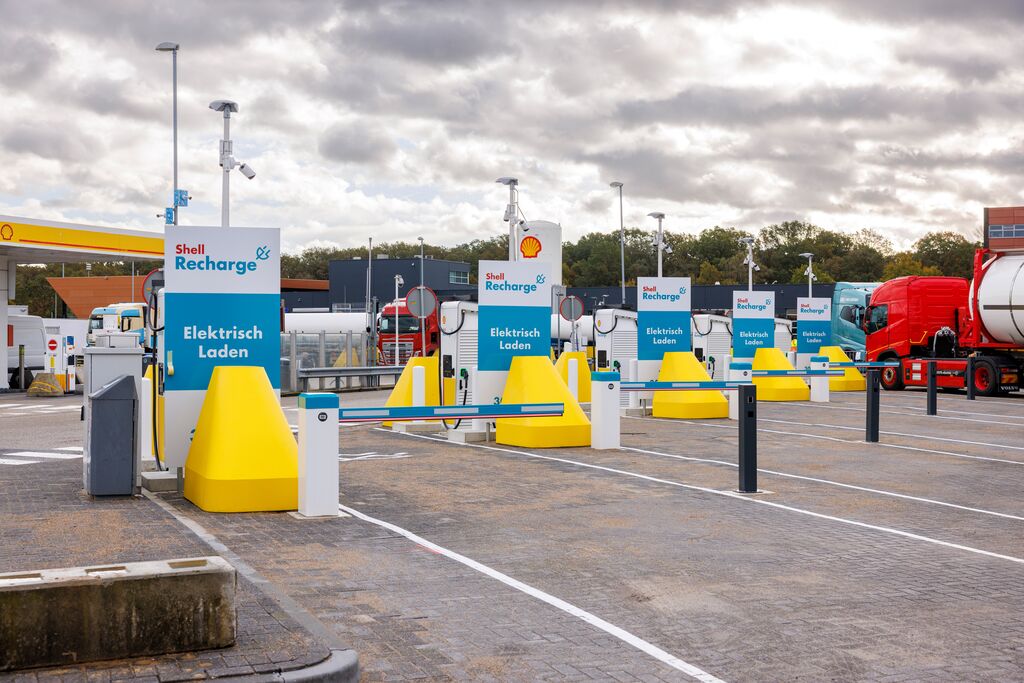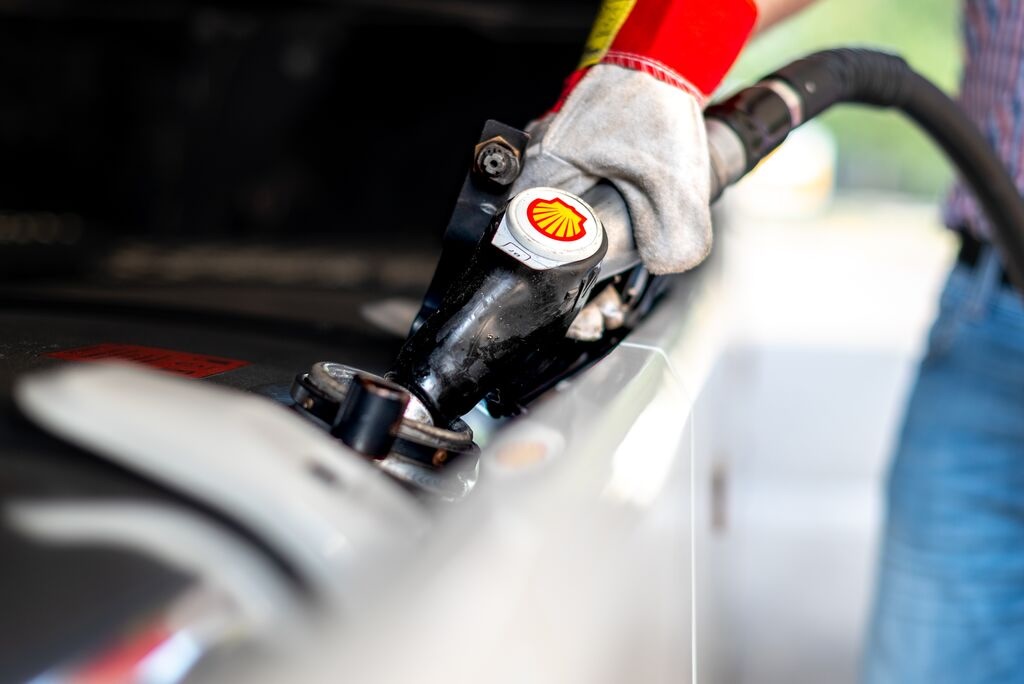Shell and Boekestijn cooperation sets a good example of progress

Using the latest energy and IT solutions, Shell aims to bring progress and sustainability into the transport sector. Our service package includes not only alternative fuel, but also digital integration system (API), contactless payment for the uplifts (Shell Smart Pay) and more. While some logistics companies are still hesitant about introducing these technologies into their business, we would like to share a success story from the Netherlanlands. We hope that it will inspire you to take the next step on your journey towards the logistics of tomorrow.
Boekestijn Transport Service is a transport company founded in the Netherlands, with its headquarters in Poland, owning around a thousand trucks that transport cargo all over Europe every day. The company was established in 1994 by two brothers, Arno and Peter. A few decades later, when Arno passed away in 2019, his son Sjef joined the management of the company, introducing to it new ideas and perspectives. The change brought about not only the rapid growth of the company, but also the need to modernize the processes. Digitization became one of the main priorities.
Due to the increased size of the company, Boekestijn decided to look for a strong partner which could not only respond to the need for cleaner fuel, but also contribute to the development of innovative processes in the company. Having explored all the possibilities offered in the market, the Dutch logistics leaders signed a contract with Shell. Following this contract, Boekestijn's trucks uplift alternative fuel (Shell bioLNG and Shell Renewable Diesel) at a better price, have access to the Shell Recharge network of electric charging stations, as well as use the benefits provided by Shell API.

According to Peter Boekestijn (CEO), everyone was pleasantly surprised by the fact that the digital integration took only a month and has already made things easier both for the managers and the drivers. Here is how it works in practice. Boekestijn's digital system calculates how many liters of fuel are in the tank and suggests the nearest most suitable gas station in the Shell network. Arriving at the gas staton, the driver enters the number of a specific pump in the Boekestijn app linked to the Shell Smart Pay service, and the rest – selecting the correct amount of fuel, paying and entering the invoice into the Boekestijn system - takes place completely automatically.

The integrated Shell Smart Pay service saves time, simplifies administrative processes and helps to avoid thefts or problems caused by forgetting to pay for fuel. All that the driver has to do is fill up the tank and get back to his main job of delivering goods from A to B safely and quickly.
Partnerships like this are key to meeting tomorrow's challenges and successfully implementing the transition to renewable energy.
This article is based on the infromation from: bit.ly/48P7dtX



